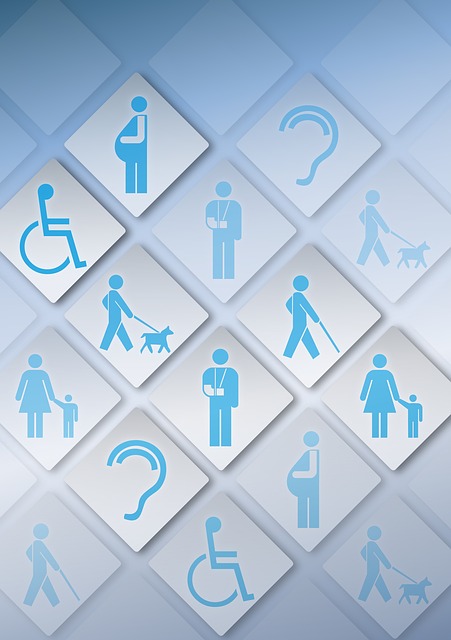Disabled students are increasingly dropping out of universities and colleges. Provisions to meet their needs are grossly inadequate and more so intentionally not provided.
Disabled students with mental health challenges have a drop-out rate of 86.8 percent compared to non-disabled students, with a rate of 90.3 percent.
Also, deaf student challenges in universities are being left unattended even though they pay the same fees as non-disabled students.
Colleges and universities should assist interpreters, specialist tutors, and note-taking in lectures for physically challenged students to improve their chances of making through institutions.
Required attention for disabled students
Universities and colleges should desist from the practice of waiting for students in need to report their disabilities before making adequate provisions.
Instead, the Office For Students (OFS) has warned that institutions proactively make provisions available to support students with disabilities to prevent high drop-out rates.
Students with mental health challenges have a drop out rate of 86.8 percent compared to non-disabled students, said Chris Millward, director for fair access and participation at the OfS.
The director commented that physically challenged students with degrees increase their chances of having a job as such universities should endeavor to make all necessary provisions for students with disabilities.
Proactive steps taken by colleges and universities will reduce the challenges in navigating the barriers in their way of achieving a degree.
After The Independent made revealed the increasing drop-out rates of disabled students, the OFS issued a warning to institutions to genuinely provide equal opportunities for students with disabilities.
Waiting for up to a year to receive assistance such as interpreters, specialist tutors, and note-taking in lectures reduces the drive of students with disabilities, according to the National Deaf Children’s Society (NDCS).
Martin McLean, policy adviser at the NDCS remarked that
deaf students are just as capable as their hearing peers, pay the same fees, and have the legal same rights, but when they need support, it’s often unavailable or not good enough.
The policy adviser asked the universities to be investigative and resolve all issues influencing the increased rate of drop-outs among disabled students.
Deliberate negligence of students with disabilities?
Meanwhile, Piers Wilkinson, handicapped students’ officer at the National Union of Students, holds the opinion that universities deliberately don’t provide adequate resources for students with disabilities.
The Universities minister Chris Skidmore added that there are still gaps in attainment and career opportunities for students with disabilities.
Chris believes universities can improve on support for students with needs so that it will be a level playing ground for both disabled and non-disabled students.
Universities UK is working with the new Disabled Students’ Commission to find a way forward to improve support for physically challenged students.”







